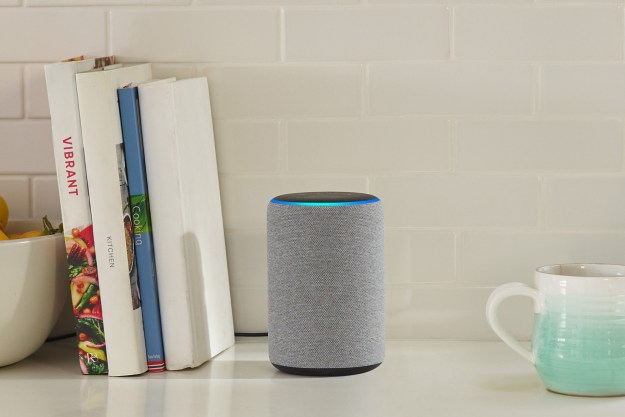Amazon announced privacy and transparency improvements for its Alexa assistant during the Amazon Devices Event on Wednesday, September 25.
Updates to Alexa include the addition of “Alexa, tell me what you heard,” which rolls out today, and “
By asking Alexa what was heard,
Also beginning today is an auto delete option for Alexa customers. You can now opt in to have your

The updates are part of Amazon’s investment in privacy and the creation of the Privacy Hub for customers to manage their privacy settings and have more transparency in how their privacy is handled.
A few months ago, Amazon updated Alexa so people could delete their Amazon Alexa recordings by saying, “
Customers also have the option now to opt out of having their Alexa voice recordings transcribed by humans.
As more companies are offering voice assistants, the question of privacy has come into play about who is listening in on your voice assistant conversations.
In April, Bloomberg first reported that Amazon employed thousands of workers to listen to people’s private exchanges with Amazon Alexa on Echo devices. These conversations were also transcribed to improve software and technology.
In August, Apple issued a rare apology for allowing contractors to listen to Siri recordings and announced that they won’t be listening in on your Siri conversations by default anymore. Amazon suspended its grading program after the news of Apple’s Siri program broke.
Google also reportedly used third-party contractors to transcribe Google Assistant commands, according to a July report by Belgian’s VRT NWS. Earlier this month, Google confirmed to ArsTechnica that they paused the reviews of their Google Assistant globally.
Editors' Recommendations
- What to do if your Amazon Alexa app is not working
- Amazon might launch a paid version of Alexa later this year
- At long last, Amazon brings AI features to Alexa
- Amazon to pay $30M in FTC settlements over Alexa, Ring privacy violations
- Amazon Astro gets new pet- and security-focused features




